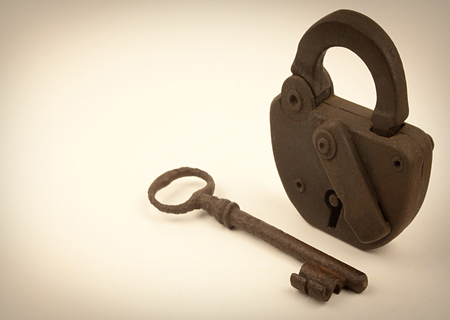There are three groups of people whom are regularly incarcerated in this world. We lock up people convicted of criminal acts; people who have mental health issues and are assessed as being a threat to themselves or to others and old people who live with dementia – for their own safety.
In the first two instances, there are protective processes and procedures in place. Individuals can take their case all the way to the Supreme Court.
Perhaps it might be said that old people too, under the principles of Habeas Corpus, also have the right to have their case heard before a judge.
I would like to be proved wrong but I do not know of this ever occurring.
It is indicative of the low status of old people that they can be put behind locked doors without too many people in this world thinking that there should be a process to protect their rights. Where else would this happen – well maybe in Guantánamo Bay prison!
I have met several people who have been outraged by being placed in a locked facility against their will. In these instances, there was little apparent evidence of impaired cognitive capacity. However, I am no expert and there may have been good reason for their involuntary incarceration. My point is that they could see no way of redress.
Take the case of Susan. She is a woman in her 80's who was placed in a locked facility by her son. When I spoke to her, she was extraordinarily upset. What had seemed to be a respite visit in a particularly dreary low-care facility, after a hospital stay, had turned into a life sentence. She had no access to a phone where she could speak privately and no-one to advocate on her behalf. She told me that her son had enduring power of attorney and that her home was being put on the market.
Maybe all these decisions were the right ones – based on concern for her well-being. But the fact is that Susan could find no process where her objections could be heard. It also seemed that no-one was taking the time or trouble to convince Susan, or even explain to her, the supposed necessity for these actions.
These days, most aged-care facilities have key-pad locks on doors. Residents who are deemed safe to go out alone can operate the key pad while those with memory loss are kept safe inside. But there is a balancing act to be done and I am wondering just how much thought is going into it. It is often the easiest option to put safety and security far ahead of rights and freedom - even if it is accompanied by some element of risk.
Some low-care facilities have locked, so-called 'dementia units' within the general facility. Here people pay more for their family member to be 'extra secure' – rather than mere dependence on the key-pad lock. That usually means that there is always a staff member on duty within the secure area. Nothing wrong with that – particularly if the staff involved are well trained in dealing with those living with dementia. But there are some instances, where these locked units are not nice places at all. Residents never get to leave the unit, have little access to fresh air and spend their days sitting in a sterile day room.
Not my idea of good dementia care.
We all want people with memory loss to be safe. But it is not always the case that they need to be placed in secure residential care. There are often ways to manage at home if enough support is provided.
And old people have rights too. I am unaware of any workable process that protects that most basic of all rights – not to be locked up against your will.




Comments